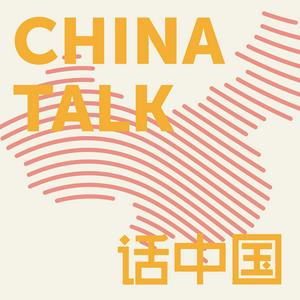Lawrence Freedman is the dean of strategic studies. He’s written books about the Falklands War, nuclear strategy, political-military relations, Kennedy’s foreign policy, the revolution of military affairs, and (my personal favorite) the history of strategy.
Freedman is now part of the father-son writing duo samf.substack.com.
Note: we recorded this in the summer of 2023. Thanks to the Hudson Institute for sponsoring this conversation.
In this far-reaching conversation, we discuss:
How the Falklands saved Thatcher’s premiership, making her the Iron Lady,
Why the great strategic decisions of history rarely have clear, pivotal moments,
Parallels between Putin, Xi, and the Argentine junta — what the Falklands campaign tells us about Ukraine, Taiwan, and the future of war,
How nuclear war went from being a “winnable” geopolitical contest to the apocalyptic dog that didn’t bark,
What Cold War arms control treaties can and can’t tell us about AI,
The best strategists not covered by last week's interview with Hal Brands,
Lawrence Freedman's recipe for wide reading and prolific writing.
Outro music: Oh! It's a Lovely War (1918) · Courtland & Jeffries (Youtube Link)
Learn more about your ad choices. Visit megaphone.fm/adchoices


